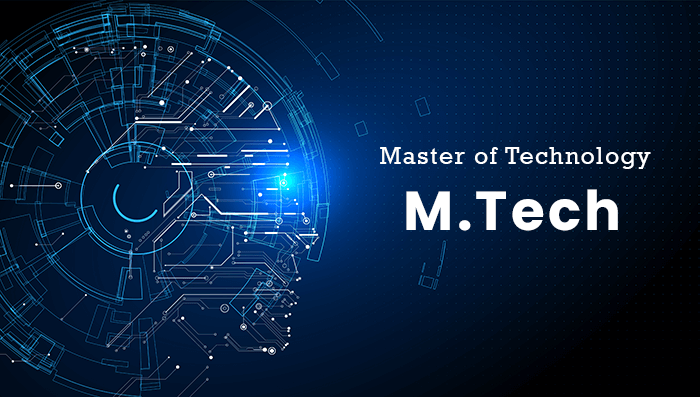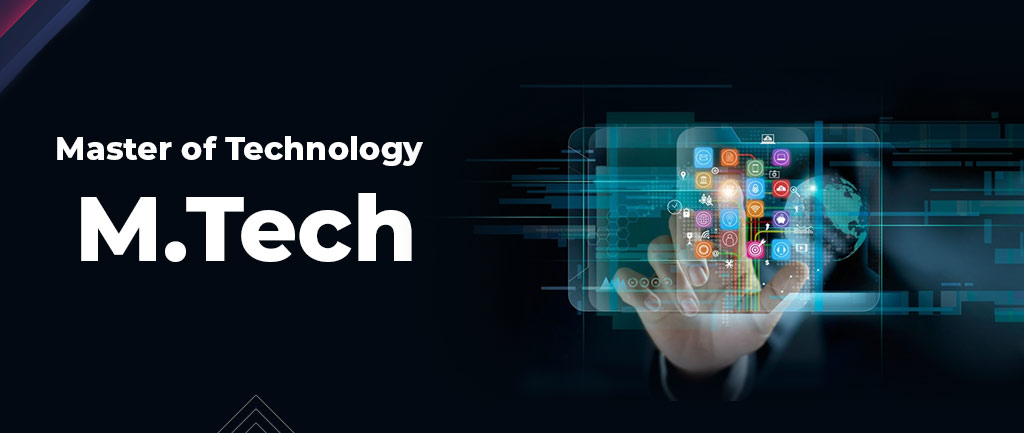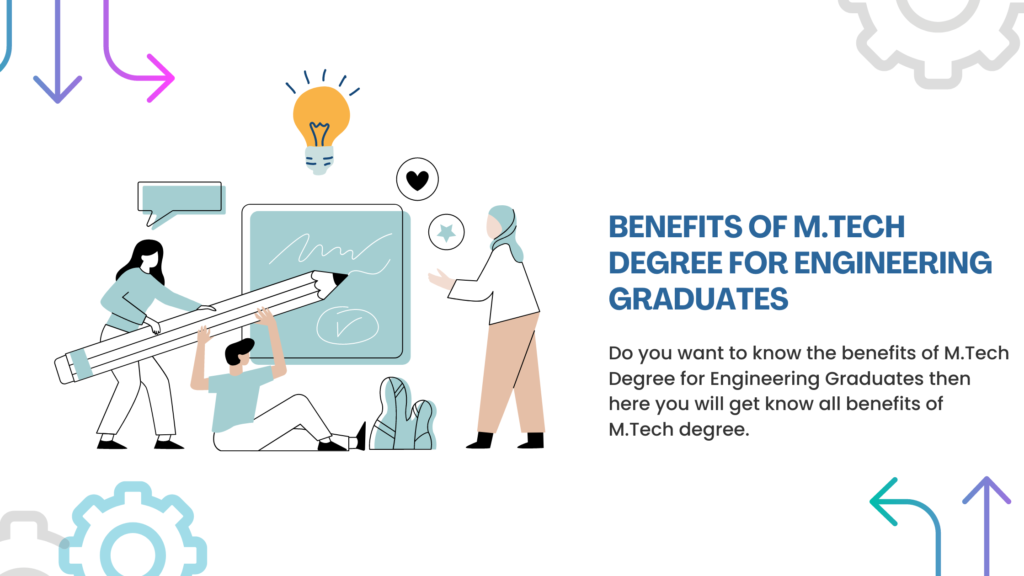Physical Address
304 North Cardinal St.
Dorchester Center, MA 02124
Physical Address
304 North Cardinal St.
Dorchester Center, MA 02124

Are you an engineering graduate looking to advance your career and deepen your technical expertise? A Master of Technology (M Tech) degree might be the perfect next step. This comprehensive guide explores everything you need to know about M Tech programs, from eligibility requirements to career prospects.
In the rapidly evolving world of technology, a bachelor’s degree is often just the starting point. For engineers and tech enthusiasts aiming to dive deeper, specialize, and command a higher echelon of their field, a Master of Technology degree, commonly known as an M.Tech, is the definitive next step. But what exactly is an M.Tech, and how does it differ from other postgraduate qualifications?
M Tech, or Master of Technology, is a postgraduate degree program that focuses on advanced engineering and technology concepts. Unlike traditional academic programs, M Tech emphasizes practical applications, research methodologies, and cutting-edge technological innovations. The program typically lasts two years and is designed to produce skilled professionals who can tackle complex engineering challenges in various industries.
The degree holds significant value in today’s technology-driven world, where employers actively seek professionals with specialized technical knowledge and research experience. M Tech graduates often command higher salaries and enjoy better career progression compared to their bachelor’s degree counterparts.

A typical full-time M.Tech program spans two years, divided into four semesters. The structure is designed to build expertise progressively:
Technical Depth: Gain subject-matter mastery rarely offered in undergraduate or MBA programs .
Career Power-Up: M.Tech holders earn higher roles and outperform B.Tech peers over time, especially in core engineering and leadership positions.
Research & PhD Advantage: This degree opens doors to R&D roles and international PhD programs with stronger credentials and stipend potential.
Industry Demand: Specialized knowledge in domains like AI, VLSI, or sustainable design is increasingly sought after by top tech and engineering firms.

The primary eligibility criterion is a Bachelor’s degree in Engineering/Technology (B.E., B.Tech) or a related field from a recognized university, typically with a minimum aggregate score (often 55-60%, varying by institute).
However, the gateway to most top-tier government and private colleges in India is the GATE (Graduate Aptitude Test in Engineering) exam. A valid GATE score is paramount for admission. Some private universities may conduct their own entrance exams or offer merit-based admissions.
M Tech graduates often secure higher-level positions with greater responsibilities. The degree opens doors to:
On average, M Tech graduates earn 30-50% more than their B.Tech counterparts. Starting salaries typically range from ₹6-12 lakhs per annum, with significant growth potential based on specialization and experience.
The program enhances:
A Master of Technology degree represents a strategic investment in your engineering career. It provides advanced technical knowledge, research experience, and industry connections that can significantly accelerate professional growth. With diverse specializations available and strong job market demand, M Tech graduates are well-positioned to tackle tomorrow’s technological challenges.
An M.Tech degree is far more than a line on a resume. It is a transformative educational journey that equips you with unparalleled expertise and practical prowess. In an era defined by technological disruption, an M.Tech provides the advanced toolkit needed to not just adapt but to lead and innovate. Whether your goal is to land a coveted R&D role, command a higher salary, or simply become a master of your craft, the Master of Technology degree remains one of the most valuable investments an engineer can make in their future.